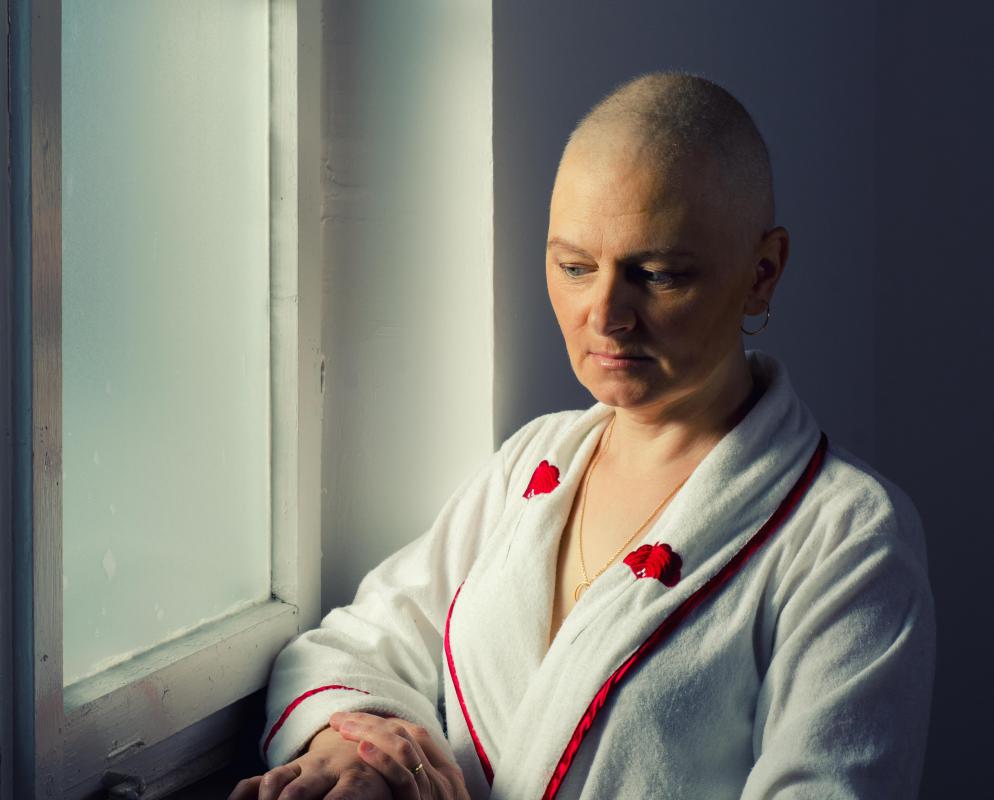At WiseGEEK, we're committed to delivering accurate, trustworthy information. Our expert-authored content is rigorously fact-checked and sourced from credible authorities. Discover how we uphold the highest standards in providing you with reliable knowledge.
What Is the Connection between Chemotherapy and Infection?
The connection between chemotherapy and infection relates to the body’s bone marrow health. Chemical cancer treatment might suppress functioning of white blood cells in bone marrow, making it more difficult to fight off infection. Chemotherapy and infection risk might be addressed though antimicrobial medication to prevent infection and drugs to stabilize white blood cell counts. Doctors typically instruct patients about avoiding infection risk while receiving chemotherapy treatment.
The number of white blood cells tends to decrease a week to 10 days after chemotherapy, especially after the first round of treatment. Chemotherapy and infection symptoms might pose serious risks if white blood cell counts fall dangerously low. Infection might delay further cancer treatment or require lower doses of chemo.

The human body produces five types of white blood cells to regulate immune system functioning. Chemotherapy and infection risk hinge on several factors, including how low white cell counts fall, how long they remain low, and the type of white blood cells affected. The kind of chemotherapy used might also influence whether infection develops. Infection commonly appears in the mouth, intestines, genital tract, or on skin surfaces.

Red blood cells carrying oxygen throughout the body might also be harmed by chemotherapy. Some patients bruise easily, or bleed through the nose or mouth, when red blood cell counts drop. Blood in the urine and dark feces, along with a red rash on the skin, might also indicate a low red blood cell count.
Infection represents just one of the possible side effects of cancer treatment. Common complaints include nausea and vomiting, and a loss of appetite that could lead to weight loss. Patients might become anemic, or suffer diarrhea or constipation, while undergoing treatment. Signs of suppressed bone marrow functioning include fatigue, rapid heart beat, and shortness of breath.

Even a slight fever might signal infection in cancer patients. Symptoms might resemble the flu, with chills, body aches, sweating, and pain. If a respiratory infection develops, patients might spit up green or yellow sputum. Skin infection might appear red and swollen, and feel hot when touched.
Doctors commonly recommend frequent hand washing to address chemotherapy and infection management. Avoiding large crowds and ill family and friends might also help lower the risk, especially during flu season. Cuts should be cleansed and covered to prevent bacterial infection. Meat should be cooked thoroughly to protect against gastrointestinal infection. If an infection develops, doctors commonly prescribe antibiotics.
AS FEATURED ON:
AS FEATURED ON:















Discuss this Article
Post your comments